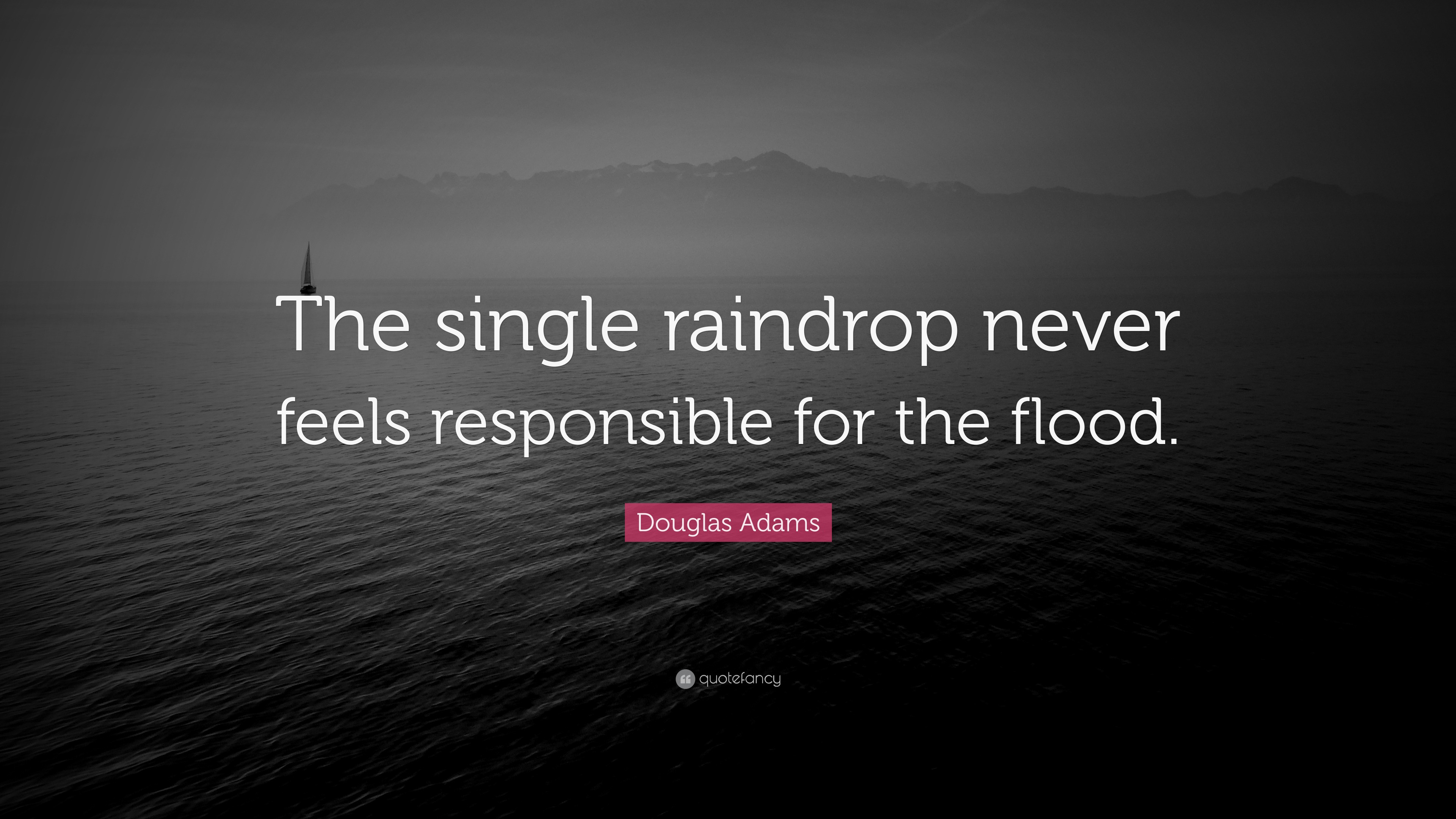And wraps are sandwiches...
Today is the last day of the 2021-2022 school year.
It is also my last day as a classroom teacher. I figured that in the spirit of what this blog used to be, I should reflect on my time in the classroom.
Here are some of my numbers:
First year: 2004
Total Years in the Classroom: 15
Number of States: 2
Number of School Districts: 4
Grades Taught: 8, 9, 10, 11, 12
Classes Taught: Math 8, Algebra 1, Geometry, Algebra 2, Physics, Astronomy
Approximate Number of Students: 1,400
National or Regional Presentations: 17 (and 2 more this summer)
This has been a strange journey for me. During my first few years, I thought I was brilliant. I knew how to solve all of the problems and they were, of course, remarkably simple-minded solutions.
I even made a podcast in my first two years to showcase my ideas.
Listening back now is ... cringeworthy.
Numerous people over the years have told me that I didn't have the temperament to be a teacher and when I think about that, two things immediately come to mind.
1) All of the people were college professors.
2) They weren't wrong.
As an educator (an hopefully, as a human), I know that I have grown remarkably over the years. I found, and helped build, an incredible community of educators from around the world who have pushed my thinking on education in directions I could not have anticipated. I have traveled to places I'd never been to and made friends with people who have changed my life and opened up the world to me. I have been assisted, and pushed, and pushed back on, by people who genuinely cared about my growth.
This blog contains the work. It has almost 2 million words of reflection, documenting my journey
I think that the last few years have shown me that I CAN be the leader and mentor that I thought I was during my initial classroom experiences.
I have found a team of colleagues that I want to work with and some of the best teachers I have ever known, many of whom are in very beginnings of their careers.
And I'm leaving the classroom behind.
 |
| Peace out, my guy! |
There are many reasons for this, including the way the education system is run, the way teachers are treated, the way students are treated, etc.. I've spoken to many people about thoughts on the current state of education and doing so again here would be unnecessary. I do, however, want to make two points VERY clear:
1) I am, in no way, shape or form, leaving the classroom because of students or student behavior. Behavior is communication. Students who are "poorly behaved" are communicating that their needs are not being met and that is the responsibility of the adults and the systems with whom they are associated. Students are students. Their needs have changed and we have not changed enough to provide them with what they need.
2) It's time.
If I'm being honest with myself, which is the entire purpose of this blog, it's actually past time.
I mostly became a teacher for the wrong reasons, proving my college professors right (but still rude) and I powered through because I THOUGHT I was doing well. I was not.
I almost left in 2012. It was only through sheer happenstance that, right when I needed it, I found an incredible group of educators who helped me to find a legitimate reason for teaching. They showed me through example and inspiration what this job COULD be. They opened their arms to me and changed my life and outlook SO much, that when I returned to the classroom after that summer, my coworkers didn't recognize who I was.
The conference (Twitter Math Camp) that I attended that summer, and everyone associated with it, bought me a decade more in front of my students. They helped me to see what kind of teacher I wanted to be and what kind of father as well.
I should have left again in 2019 when I found myself wanting to let go of my steering wheel during my commute and letting my car drift into oncoming traffic. I thought, as the time, that was just my current placement, but in retrospect, it was not.
I didn't leave because momentum is a hell of a thing. It's so much easier to continue doing the thing you're doing, even if you don't like it, than it is to switch to something else. The "sunk cost fallacy" has taken much of my time and energy. Changing to something else was a daunting task and I didn't want to put the energy into it. As someone whose favorite album is August and Everything After, the appropriate line playing in my head was "maybe this year will be better than the last."
I also didn't leave because I was scared. I am a teacher in my heart and my soul. It is my identity and my persona. When people ask about professions, we don't say "I teach." We say "I am a teacher," which is a difference that is grammatically subtle, but emotionally monumental.
Also, the allure of a few weeks off each year is a VERY strong incentive. Although, I am not at all a beach guy...
 |
| Ew...sand in my everywhere... |
While I am not a high school football star, hanging around the building wearing my letterman jacket at 25, I do plan to remain active in the educator community. I will continue to fight for my students, for my (former) colleagues, and for education in general. I will continue to lift up voices that need lifting and advocating for those who need advocates. While I will no longer be a teacher in profession, I will always be a teacher in my heart.
Alright, enough of that. If this gets any sweeter, Wilford Brimley is going to show up.
I am excited and nervous for the road ahead, but I am not sad about the change. With the things I have learned and the people I have met, I couldn't possibly regret my time.
I may continue to write, but for now, this is Justin Aion, math teacher, signing off.
 |
| Wraps are sandwiches. Fight me. |
























